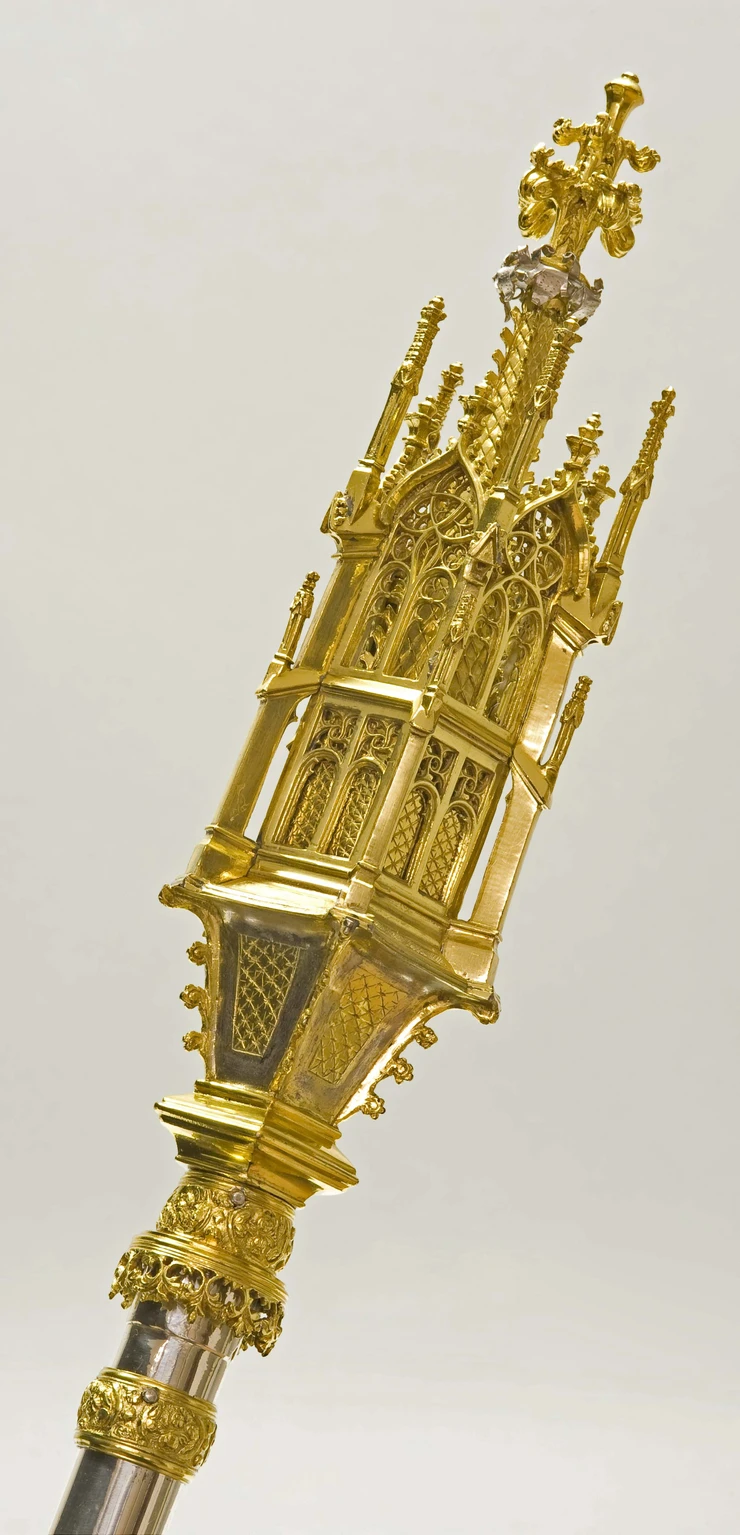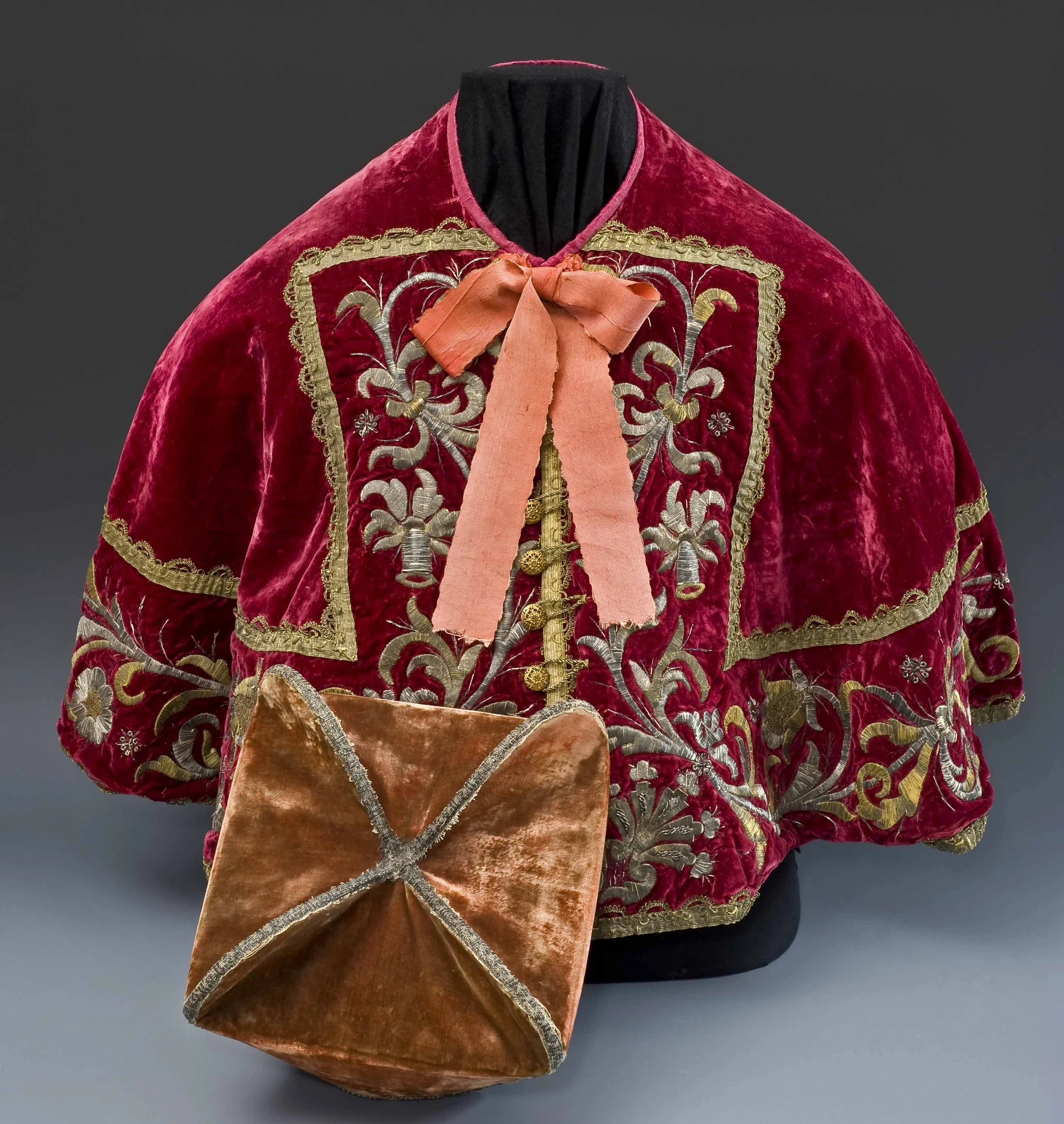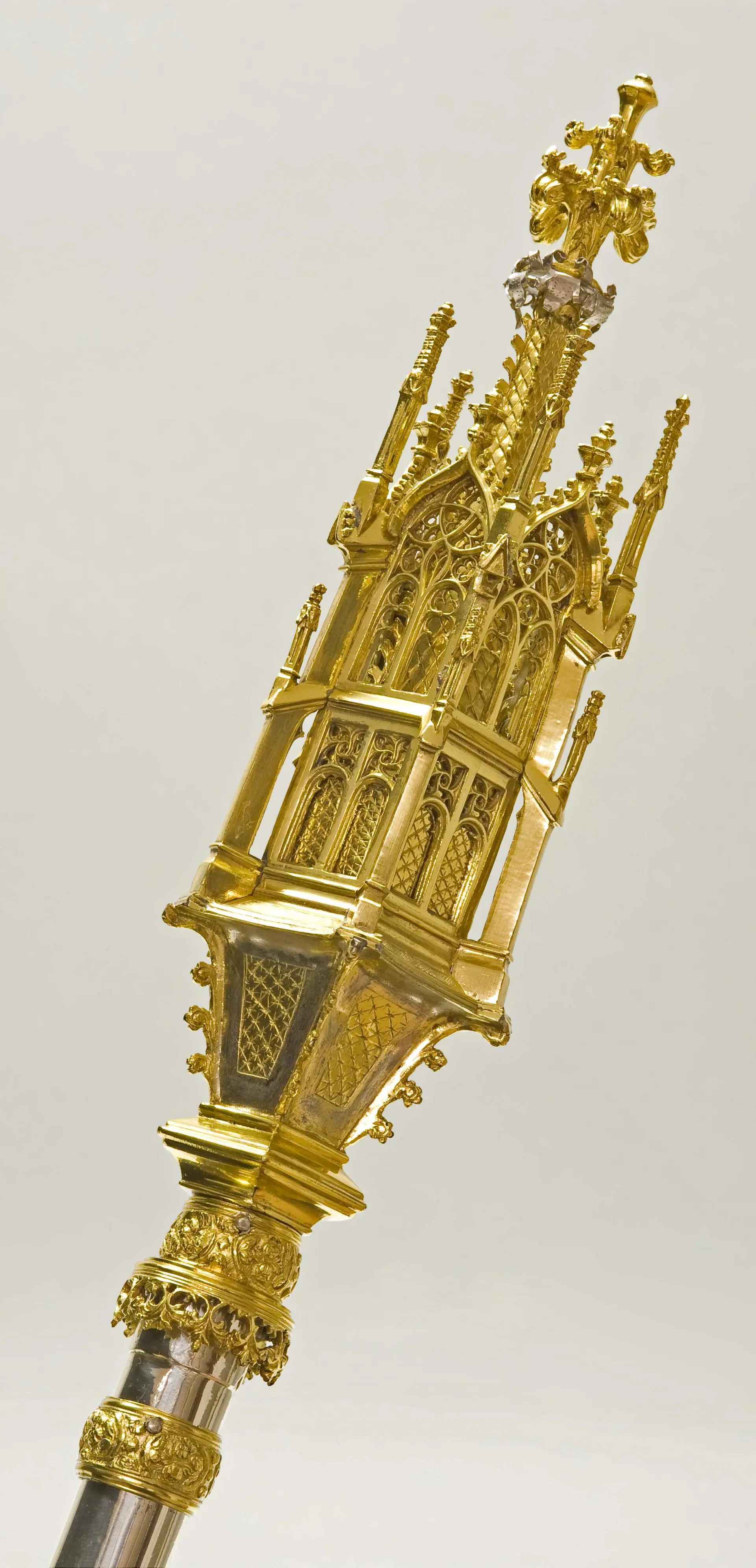Insignia of the "Old University" at the Erfurt City Museum
In 1379, the University of Erfurt was the first university in present-day Germany to receive its papal founding privilege, ahead of Heidelberg (1385) and Cologne (1388). After renewed privileges in 1389, the Alma Mater Erfordensis began teaching in 1392. The university was also preceded by a general study program dating back to the 13th century. Erfurt was thus a European center of education, and the University of Erfurt was the most visited in the northern Alpine empire at the end of the Middle Ages.
It was also here that Martin Luther laid his intellectual foundations. The university with all four faculties - Philosophy, Medicine, Law and Theology - was founded on the initiative of the citizens, in contrast to the predominantly princely foundations. Today, in the "Latin Quarter", a number of architectural monuments around the main Collegium maius building are reminders of academic life. Erfurt also has one of the youngest German universities. After its late medieval heyday, a long downward trend led to its closure by Prussia in 1816. In the 1950s, Erfurt became a university city again. In 1994, the university was reestablished, again through civic initiative.
This important historical heritage of the medieval metropolis is once again impressively presented in the Erfurt City Museum. The insignia of the university are exhibited in the representative southern first floor hall of the "Haus zum Stockfisch", a structural expression of the prosperous medieval trading and cultural center. These include the pair of scepters of the Rector and the Faculty of Theology, the shoulder coat and beret of the Rector, the petals of the seals of the Rector, Faculties and Colleges. The papal founding documents of Pope Clement VII from Avignon dated September 16, 1379 and of Pope Urban VI from Rome dated May 4, 1389 symbolize as facsimiles the oldest university tradition. The facsimile of the first page of the general student register for the rectorate of Ludwig Mollner from 1392 stands for the beginning of the university. Martin Luther's writing box, one of the few preserved personal items of the reformer, refers to the most famous student and teacher of the university.
(text: Dr Steffen Raßloff, Chairman of the "Förderverein Stadtmuseum Erfurt")




